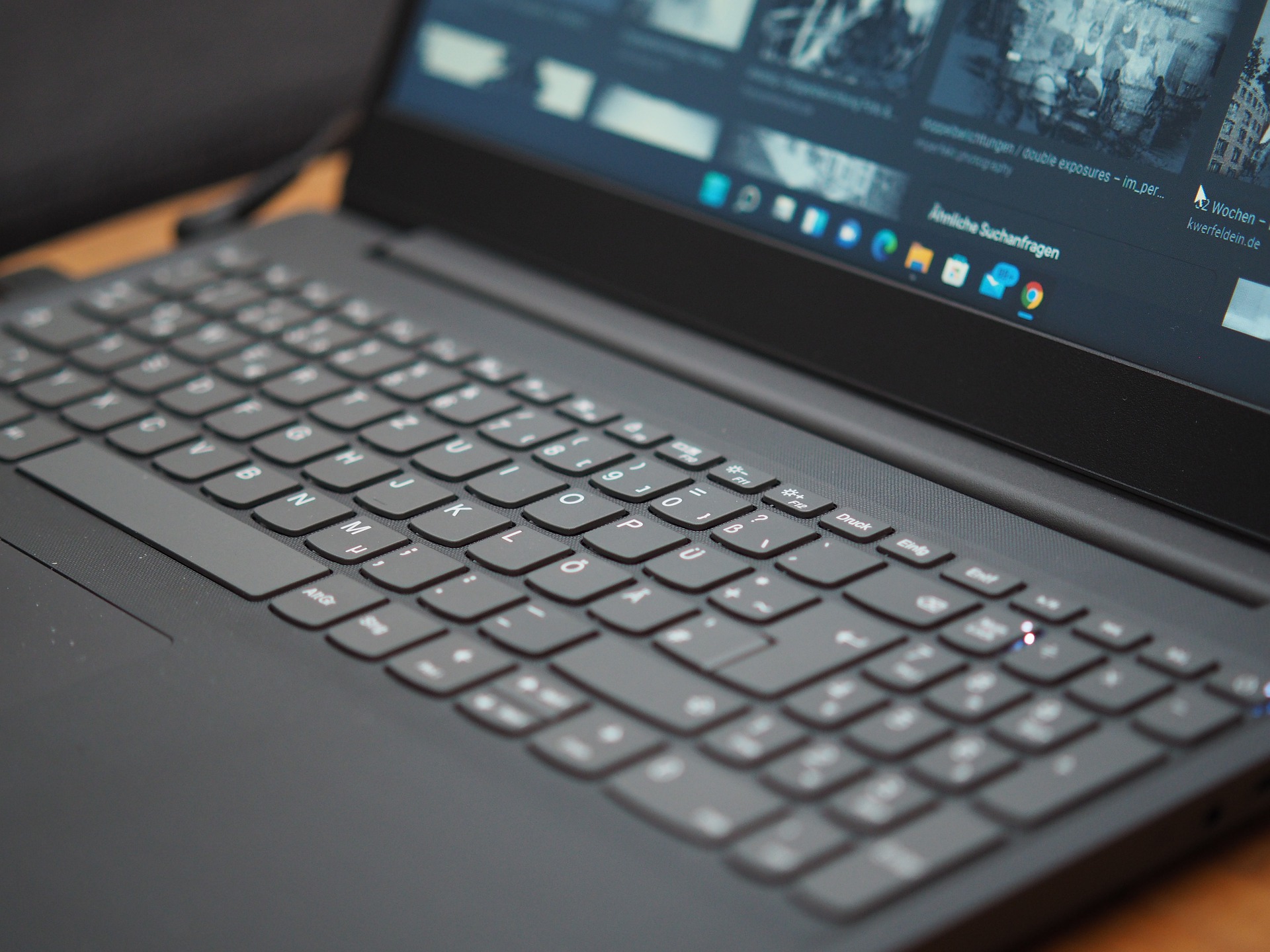As the year comes to a close, we should remind you that on January 10, 2023, Microsoft will end its Windows 8.1 support. As of that date, technical assistance and software updates will be terminated. If your company or employees are utilizing devices running Windows 8.1, Microsoft recommends a more current Windows release with full support. The main issue with this termination of support is the lack of an Extended Security Update (ESU) program for Windows 8.1 go forward. Because of this, using Windows 8.1 after the January deadline may elevate your company’s exposure to security risks or adversely impact compliance.
Impacts of the Termination of 8.1 Support
After January 10, 2023, devices still running Windows 8.1 will function, but Microsoft will cease to provide technical support, software updates, and security updates or fixes.
Users may continue to utilize a device operating on Windows 8.1. However, without ongoing software and security updates, that device will be at risk for malware, viruses, and other cyber attacks. Microsoft recommends upgrading to a supported Windows version, such as Windows 11, which is an easy transition.
Even when support for Windows 8.1 is terminated, the software will continue to work, albeit without security updates. In addition to the loss of security support, Microsoft customer service will no longer be available on the 8.1 platforms.
What Does Microsoft Recommend?
Because it is not recommended to run a version of the software without security protection against ever-evolving cyber attacks, Microsoft has a few recommendations for users.
- Windows 11 Implementation: Windows 11 is the most current Windows offering, but if you have an older device, you should purchase a new PC to acquire Windows 11. Both hardware and software have come a long way since Windows 8.1 was newly released, and contemporary computers are more powerful, more secure, and offer more speed.
- Keeping Your Current Device or PC: Installing Windows 11 on your current device is possible if it meets the minimum system requirements for Windows 11. PCs and devices currently operating on Windows 8.1 most likely won’t meet these requirements – but if yours does, a full version of Windows 11 Home or Windows 11 Pro can be purchased and downloaded. If this is the option you choose to pursue, know that current apps must be reinstalled, possibly in a newer version. As the installation will overwrite the current storage drive, you should follow the steps to transition files, data, and settings to the new device. Users may find it more practical to upgrade in steps, first to Windows 10 and then to Windows 11.
- Install Windows 10 on your Current Device: Windows 10 will have support until October 14, 2025, and can still be purchased. If your current computer or device meets the minimum system requirements for Windows 10, a full version of Windows 10 Home or Windows 10 Pro may be downloaded. Some retailers may still offer Windows 10 for sale as well.
How is Windows 11 Security better than Windows 8.1 Support?
Windows 11 is the safest and most secure version of Windows that has ever been offered, complete with end-to-end security that covers antivirus, firewall, and internet protections. The most modern security features, innovative dashboard displays, and updates are found in Windows 11, helping to protect against future threats.
If your run a Sarasota company and any of your employees are still operating on Windows 8.1, it is time to help them upgrade to Windows 10 or 11. Otherwise, you could be vulnerable to cyberattacks when 8.1 support is suspended. If you need assistance, call the experts at Alliance IT. We are here to help.

